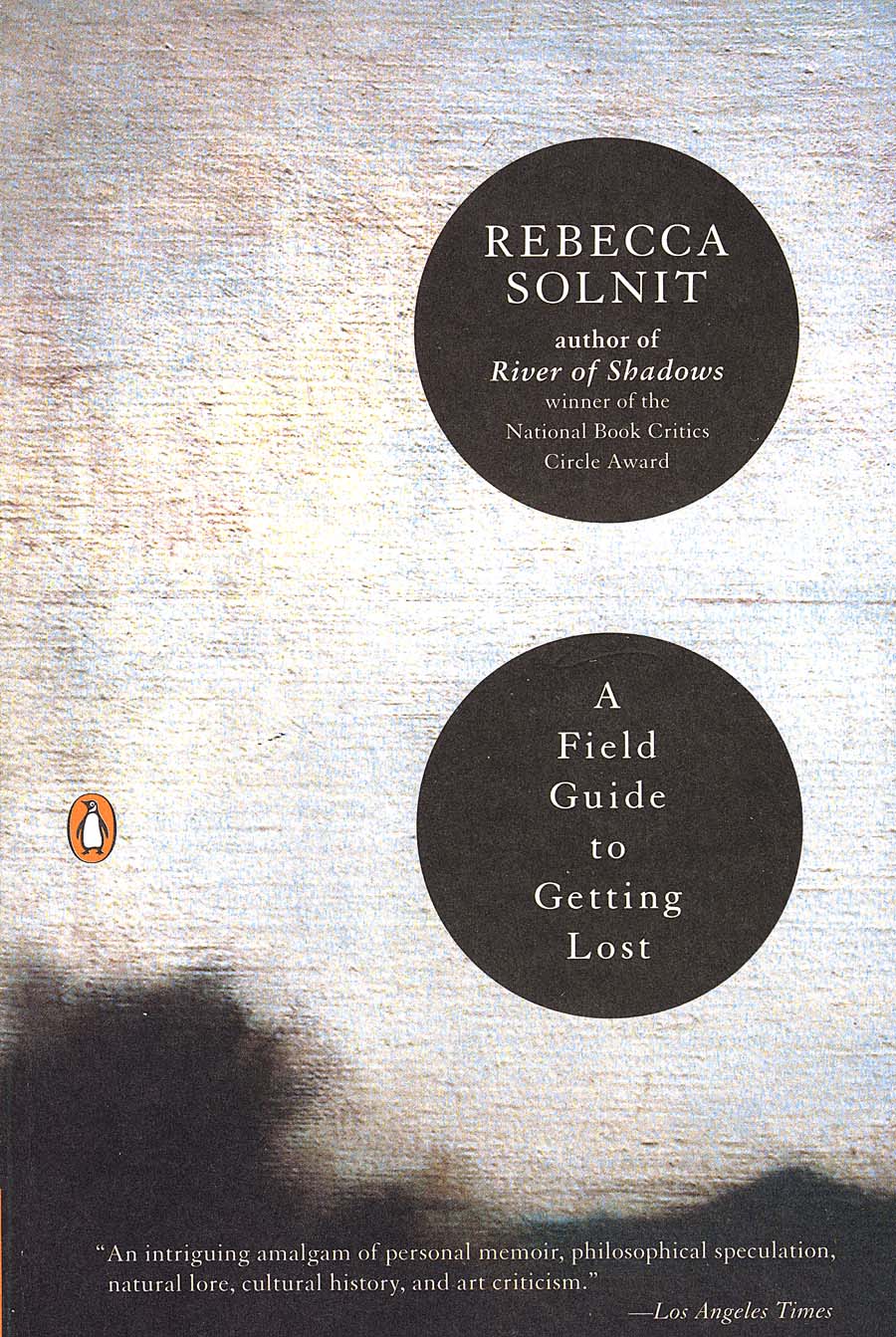Lost and Found in Our Lives; the Beginning of My Journey
Lost and Found in Our Lives
In January 2017, I pled guilty to a misdemeanor count of “luring a minor.” In my case, there were no allegations of any physical contact, nor any explicit images received or sent. The person involved was one month short of 18. This also didn’t involve someone under my supervision. My written communications were construed by the Clatsop County DA as “creating a sexual narrative.” The quoted phrase is directly from the statute, enacted in 2012. As part of my sentence, I served ten days in the Clatsop County Jail, three more weeks under house arrest, surrendered my teaching license, had to register as a sex offender (for ten years), and will spend two years on probation. Throughout this ongoing experience, I have thought a lot about the theme of “Lost and Found” and in this blog I will occasionally share my journey.
In the aftermath of losing everything that I thought was important in my life, I began finding things—some new, some old. I began noticing the theme of “Lost and Found” everywhere and it became impossible to ignore as I went about finding myself.
Here is a partial list of what I have Lost and Found:
• The incredible essay titled, “Losing Streak” by Kathryn Schulz in the February 13-20th, 2017 edition of the New Yorker. In the essay, which feels like required reading for anyone who has lost anything, she writes: “We lose things because we are flawed; because we are human; because we have things to lose.”
• The novel Dalva by Jim Harrison. I read it for the first time in 25 years and instantly realized how much of its earthy spirit that once imbued and directed my life has been totally lost to me in recent years.
• The three deer in my back yard on a rainy day that helped me find my way back to the importance of rain’s powerful metaphors.
• My sister. I found that I had a really great sister who would not let me drift into a perpetual losing state of mind.
• Meeting a young man recently released from prison living in the woods near Tongue Point who seems almost effortless in his attempt to find himself.
• Listening to a dear friend describe gradually losing the mental ability to perform her job at a high standard. Hearing her relate her fear about finding a different path for her professional life. We made a pact to help one another navigate each other’s state of being lost and fight the fear and dread of traveling in that unknown territory.
• A message in a bottle washed ashore on an Oregon Coast beach that read: “In loving memory of dear GCH on his 78th birthday.”
• Playing a long-lost cassette tape of BB King’s “The Thrill is Gone” and thinking: Isn’t all blues music the story of Lost and Found? And isn’t that also true for virtually every song from the great era of country music as defined by mid-career Merle Haggard and George Jones?
• Reading Rebecca Solnit’s remarkable book, A Field Guide to Getting Lost, where she writes, “Never to get lost is not to live…Leave the door open for the unknown, the door into the dark. That’s where the most important things come from, where you yourself came from, and where you will go.”
• A nameless journal discarded in a garbage can on Alameda Street in Astoria. A friend found it several weeks ago and brought it to my attention. The extraordinary journal—all five pages of it—documented a woman’s sense of being lost and trying to find herself after a suicide attempt the previous year. She writes: “Things don’t always make sense even when you want them to. Stories don’t have those endings where all the loose ends and details come together into a resolution that leaves the audience feeling satisfied. This is real life…”
Yes it is real life, I thought to myself when I read this passage. It is the only life where the ongoing art or artlessness of losing and finding represents quite possibly the one universal human process we all experience.
Ask yourself: what have I lost in life? What does it mean to be lost? What do I hope to find? What found me when I least expected it? The figuring out of the Lost and Found takes time. It also requires an open mind, and of course, the willingness to look.

